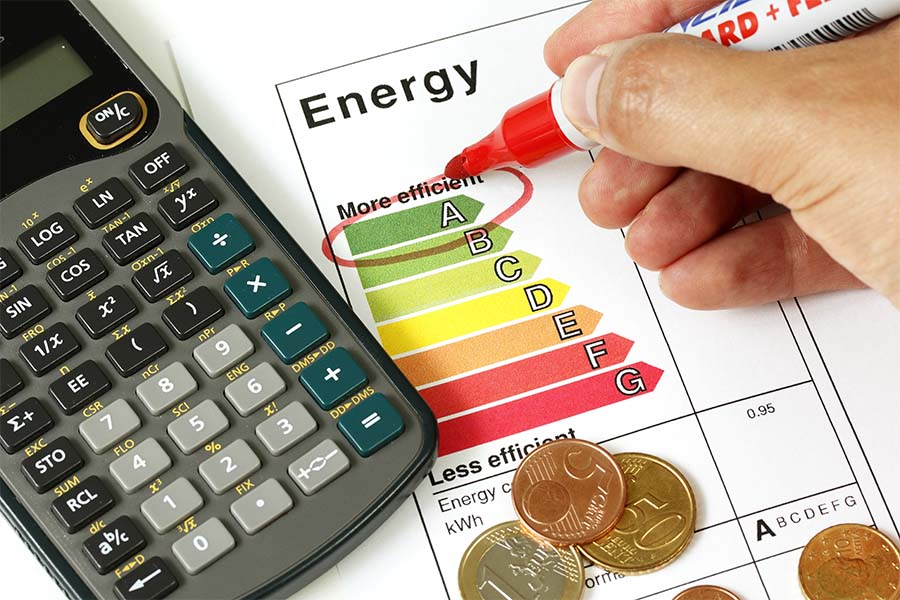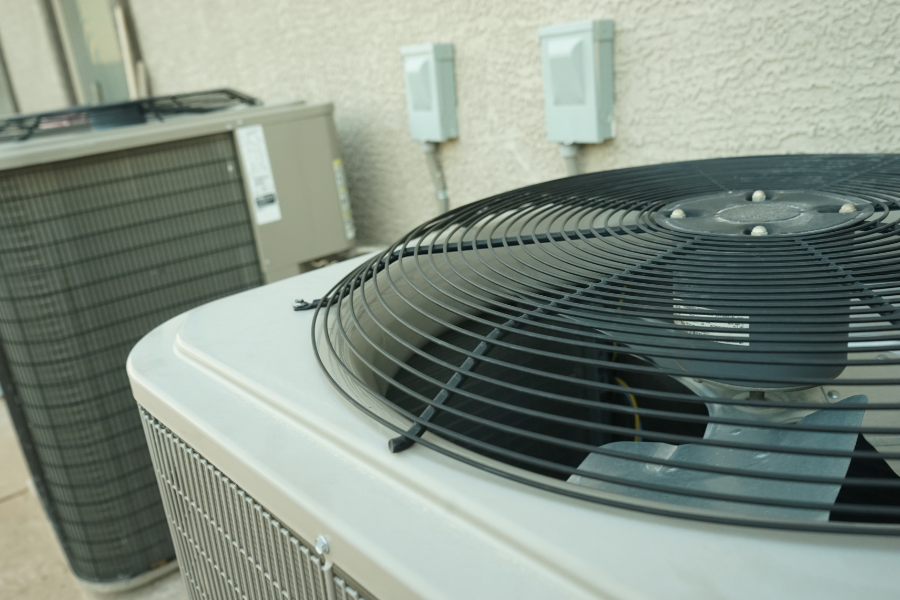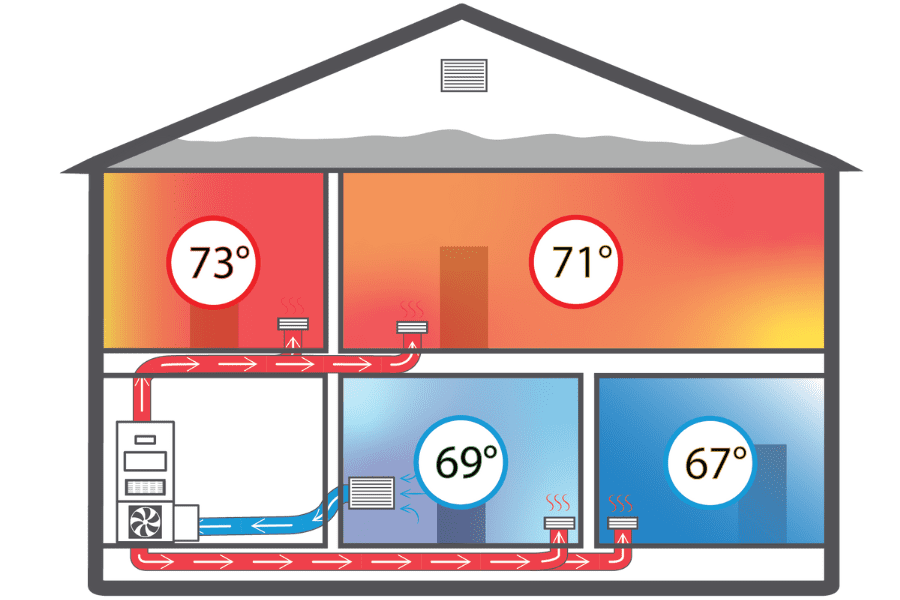Dec 16, 2021
ACEEE Releases 2021 City Clean Energy Scorecard
Most large U.S. cities are not on track to meet their climate goals for transportation, according to the 2021 City Clean Energy Scorecard by ACEEE. San Francisco took top honors for reducing greenhouse gas emissions, with Seattle, Washington, DC, Minneapolis, and Boston/New York tying for second place. Only three of the 25 cities with transportation-related climate goals are on track to meet them. The report found that cities' most recent clean energy policies have not focused on transportation, the sector responsible for the largest share of U.S. emissions.

Most large U.S. cities have yet to institute strong policies to reduce greenhouse gas emissions from transportation, and they are not on track to meet their climate goals for the sector—or have yet to set any—according to the 2021 City Clean Energy Scorecard. The report, released Wednesday by the American Council for an Energy-Efficient Economy (ACEEE), ranks 100 major U.S. cities on efforts including reducing energy waste in homes and buildings and moving toward a cleaner power grid—and doing so equitably. It identifies the leading cities, the most improved, and those with ample room for progress, citing opportunities for each to advance. (See the graphic below.)
San Francisco took top honors for the first time in this sixth edition of the Scorecard, followed by Seattle (#2), Washington, DC (#3), Minneapolis (#4), and Boston and New York (tied for #5). San Francisco launched a new program that provides free home energy-saving kits to residents in areas that are disproportionately burdened by multiple sources of pollution and are economically disadvantaged. The city also updated its energy code for new residential and commercial buildings with requirements that will reduce their greenhouse gas emissions, and it was the top scorer on transportation policies.
Cities earned credit for policies and programs such as requiring large buildings to reduce energy waste or subsidizing access to transit and other efficient transportation options for historically marginalized groups, and for their success in reducing their overall greenhouse gas emissions.
For the first time, ACEEE assessed cities’ progress toward their climate goals for the transportation sector—which are based on either greenhouse gas emissions or vehicle miles travelled—using a comprehensive review of their reported data. Twenty-five cities have adopted such goals, and only three are on track to achieve them. Seventeen of the 25 cities could not provide sufficient data to assess their progress. San Diego showed the strongest progress in this category, achieving a nearly 3% annual reduction in transportation greenhouse gas emissions since 2015.
The report also found that cities’ most recent clean energy policy actions have primarily focused on sectors other than transportation. Of the 177 new city clean energy actions scored in the report, only 23 were related to transportation, which is responsible for the largest share of U.S. emissions.
View the whole report press release here.
View the 2021 Scorecard here.






